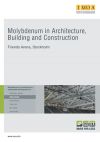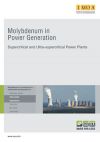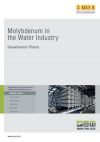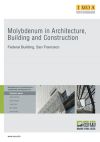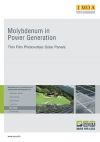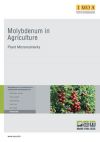- Molybdenum and its applications
- Molybdenum and its applications
- Role of Molybdenum
- Mining & processing
- Iron, steel and other alloys
- Molybdenum metal, alloys and chemicals
- Applications by industry
- Molybdenum for life
- Health, Safety & Environment
- Health, Safety & Environment
- Introduction
- Turkiye-REACH Letter of Access Applications
- REACH MoConsortium (MoCon)
- IMOA Assaying Guideline Procedures
- OECD Mutual Acceptance of Data (MAD)
- IMOA HSE research publications
- Database of Molybdenum in Human Health and the Environment
- K-REACH
- IMOA Life Cycle Assessment Program
- Globally Harmonised System (GHS)
- Media Center
- Knowledge Center
- Knowledge Center
- Introduction
- Knowledge Center
- IMOA

